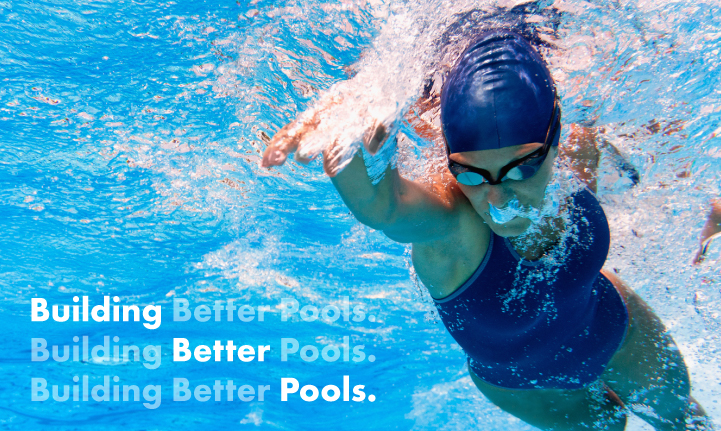Swimming Pool Water Circulation - Everything You Need To Know
Swimming pool water circulation is one of the most important aspects of owning a swimming pool. It is also a very complex piece of technology, so it's not surprising that many homeowners are confused about how to keep their pools properly circulated. There are several different types of ways to circulate water in a pool, and they can be implemented differently depending on your needs as well as the type of pool you have. In this article, we'll discuss some common questions about pool circulation systems.
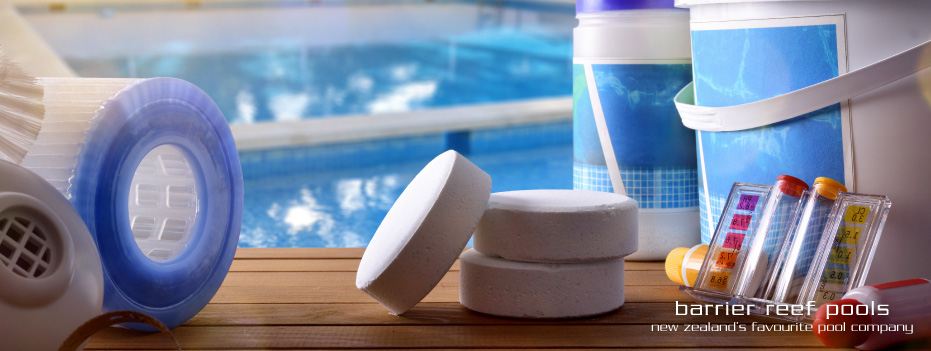
What Is A Pool Circulation System?
A pool circulation system is a device that moves water through a swimming pool. The purpose of this type of device is to keep the water clean and sanitary. This can be difficult if you don’t have enough time or money to spend on maintenance activities.
There are two main components of a pool circulation system:
- A pump (usually mounted on the bottom) forces the water upward through pipes installed inside your swimming pool walls. These pipes also carry out additional duties like cleaning chemicals into areas where they’re needed most. These chemicals are designed specifically for removing leaves from swimmable surfaces like tiles or marble tiles around entryways.
- Filters are located at various points throughout their length so as not just to remove particulate matter but also bacteria when necessary.
What are the Different Parts of The Pool Circulation System?
The pool circulation system is made up of a pump, filter, return and water level sensors. The pump draws water from the pool and pushes it through your filter. From there, it returns to the pool to be pumped out again by another portion of your pump system. This cycle continues until all of the water has been filtered through your pool filter and then returned back into your swimming area. It also involves an automatic drain plug that allows you to shut off this process at night or when you’re not using your pool during certain times.
Why is good pool circulation necessary?
Pool circulation is important to improve the quality of your pool. Without it, you are running a risk of losing out on your investment. Here is why good pool circulation is necessary.
- Keeping the water in your pool clean.
- Making it easier to clean the pool.
- Reducing the amount of time it takes to clean the pool.
- Reducing the amount of chemicals needed to keep the water clean and clear
- Reducing algae growth, bacteria growth, and dead spots in your swimming pool’s circulation system (also known as “sludge”).
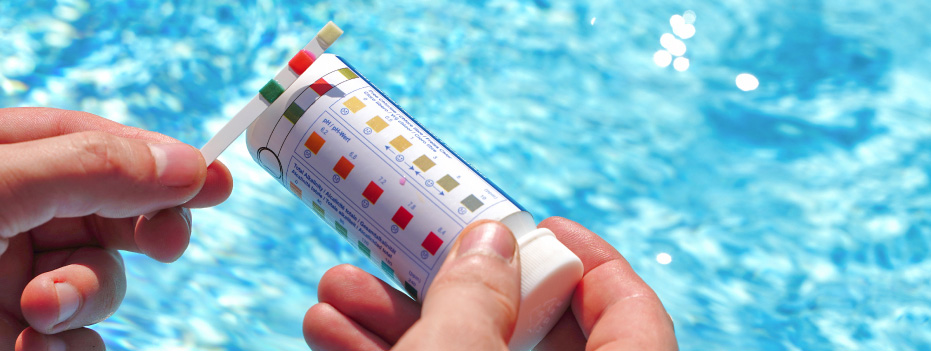
Maintaining Your Pool Circulation System
Maintaining your pool circulation system is good for your pool in the long run. Here are a few tips you can use for the same:
- Make sure the pump is clean. You can maintain your pool circulation system by cleaning it regularly with a brush and a garden hose.
- Check the filter on occasion to ensure that it is not clogged up with debris, which will affect how well your water circulates throughout your pool.
- Add chemicals as needed if you notice an algae problem or other problem with your saltwater system (for example, high levels of nitrates).
Keeping the Pool Water Circulation System Clean
In order to ensure that you have good pool water circulation, you have to keep it clean and maintain it. Here are a few things for you to remember.
- Check the pool pump filter regularly.
- Clean the pool pump filter.
- Clean the pool pump basket.
- Clean the skimmer basket and impeller blades (if applicable).
- Clean any debris blocking your return jet or main drain, as well as any other areas where water may regularly collect (such as overhangs and corners).
Ways to Improve the Circulation of Pool water
There are a lot of ways through which you can improve the circulation of your fibreglass pool. Here are a few that you must try:
- Install a variable-speed pump. Variable-speed pumps are more efficient than single-speed pumps. They can save you money, be quieter, and allow you to adjust the flow of water in your pool.
- Use a pool cover. They not only protect your pool from debris but also help with circulation.
- Install a water heater, which will help keep the water at its ideal temperature and circulate it through your pump more efficiently.
- Use a sand filter, which removes debris from the pool’s bottom so that you can see what’s going on in there. This way, you don’t have to spend hours scrubbing. It is important to note that these are not meant for daily use. In fact, they’re best when used once or twice per week only.
- Have an automatic chlorinator installed by your local dealer if you want convenience. This will ensure that you don’t have to add chlorine every few days manually.
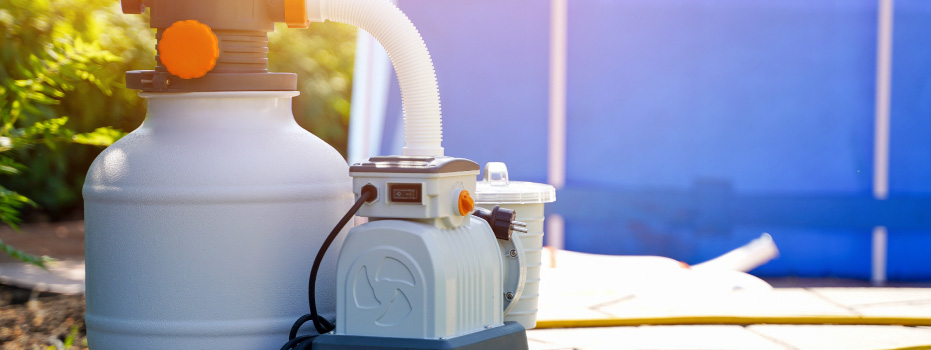
How to Make Sure You Have Proper Jet Settings
If you’re looking to keep your swimming pool clean and clear, it’s important to make sure that the jets are set at their proper levels. Jet settings are used in order to circulate water throughout your pool. When they aren’t adjusted properly, this can lead to poor circulation and filtration efficiency, which can negatively affect water quality.
The simplest way of checking if your jet is working correctly is by measuring how much gas there is coming out of each one. If too little gas comes out of one or two jets, then they may need some adjustments made on them before using them again. You can also check by turning off all other systems (such as pumps) until after winterizing has been completed. This way, nothing else will be running during this process. This also ensures that no leaks occur between these two processes taking place simultaneously without interfering with each other’s progress toward completion.
Conclusion
Now that you know what the pool circulation system is and why it is important, you are prepared to take care of it. If you are unsure about your capabilities to do the same, it is recommended that you contact professionals. With their help, you can ensure that you and your loved ones have a good swimming experience.
Swimming Pool Water Circulation - Everything You Need To Know
Swimming pool water circulation is one of the most important aspects of owning a swimming pool. It is also a very complex piece of technology, so it's not surprising that many homeowners are confused about how to keep their pools properly circulated. There are several different types of ways to circulate water in a pool, and they can be implemented differently depending on your needs as well as the type of pool you have. In this article, we'll discuss some common questions about pool circulation systems.
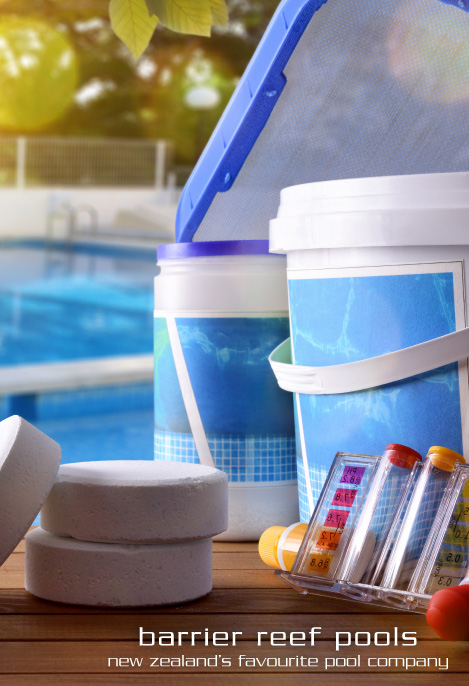
What Is A Pool Circulation System?
A pool circulation system is a device that moves water through a swimming pool. The purpose of this type of device is to keep the water clean and sanitary. This can be difficult if you don’t have enough time or money to spend on maintenance activities.
There are two main components of a pool circulation system:
- A pump (usually mounted on the bottom) forces the water upward through pipes installed inside your swimming pool walls. These pipes also carry out additional duties like cleaning chemicals into areas where they’re needed most. These chemicals are designed specifically for removing leaves from swimmable surfaces like tiles or marble tiles around entryways.
- Filters are located at various points throughout their length so as not just to remove particulate matter but also bacteria when necessary.
What are the Different Parts of The Pool Circulation System?
The pool circulation system is made up of a pump, filter, return and water level sensors. The pump draws water from the pool and pushes it through your filter. From there, it returns to the pool to be pumped out again by another portion of your pump system. This cycle continues until all of the water has been filtered through your pool filter and then returned back into your swimming area. It also involves an automatic drain plug that allows you to shut off this process at night or when you’re not using your pool during certain times.
Why is good pool circulation necessary?
Pool circulation is important to improve the quality of your pool. Without it, you are running a risk of losing out on your investment. Here is why good pool circulation is necessary.
- Keeping the water in your pool clean.
- Making it easier to clean the pool.
- Reducing the amount of time it takes to clean the pool.
- Reducing the amount of chemicals needed to keep the water clean and clear
- Reducing algae growth, bacteria growth, and dead spots in your swimming pool’s circulation system (also known as “sludge”).
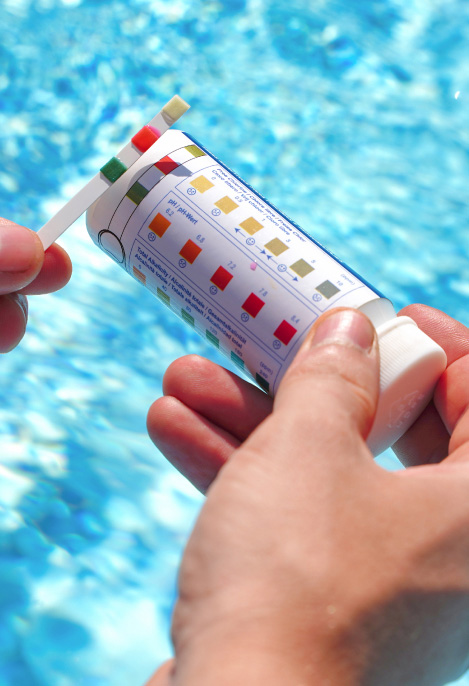
Maintaining Your Pool Circulation System
Maintaining your pool circulation system is good for your pool in the long run. Here are a few tips you can use for the same:
- Make sure the pump is clean. You can maintain your pool circulation system by cleaning it regularly with a brush and a garden hose.
- Check the filter on occasion to ensure that it is not clogged up with debris, which will affect how well your water circulates throughout your pool.
- Add chemicals as needed if you notice an algae problem or other problem with your saltwater system (for example, high levels of nitrates).
Keeping the Pool Water Circulation System Clean
In order to ensure that you have good pool water circulation, you have to keep it clean and maintain it. Here are a few things for you to remember.
- Check the pool pump filter regularly.
- Clean the pool pump filter.
- Clean the pool pump basket.
- Clean the skimmer basket and impeller blades (if applicable).
- Clean any debris blocking your return jet or main drain, as well as any other areas where water may regularly collect (such as overhangs and corners).
Ways to Improve the Circulation of Pool water
There are a lot of ways through which you can improve the circulation of your fibreglass pool. Here are a few that you must try:
- Install a variable-speed pump. Variable-speed pumps are more efficient than single-speed pumps. They can save you money, be quieter, and allow you to adjust the flow of water in your pool.
- Use a pool cover. They not only protect your pool from debris but also help with circulation.
- Install a water heater, which will help keep the water at its ideal temperature and circulate it through your pump more efficiently.
- Use a sand filter, which removes debris from the pool’s bottom so that you can see what’s going on in there. This way, you don’t have to spend hours scrubbing. It is important to note that these are not meant for daily use. In fact, they’re best when used once or twice per week only.
- Have an automatic chlorinator installed by your local dealer if you want convenience. This will ensure that you don’t have to add chlorine every few days manually.
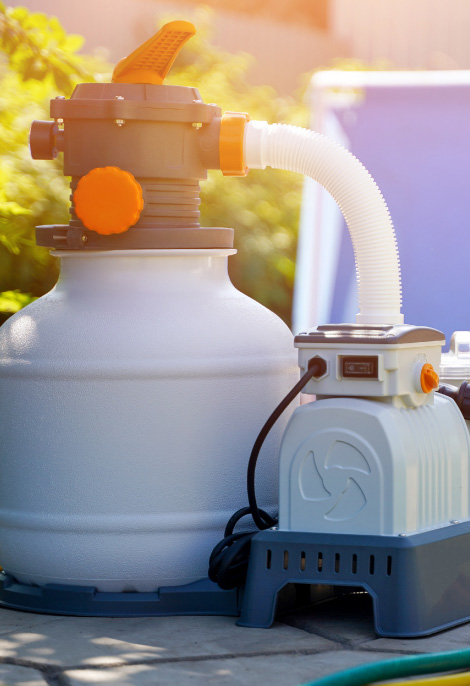
How to Make Sure You Have Proper Jet Settings
If you’re looking to keep your swimming pool clean and clear, it’s important to make sure that the jets are set at their proper levels. Jet settings are used in order to circulate water throughout your pool. When they aren’t adjusted properly, this can lead to poor circulation and filtration efficiency, which can negatively affect water quality.
The simplest way of checking if your jet is working correctly is by measuring how much gas there is coming out of each one. If too little gas comes out of one or two jets, then they may need some adjustments made on them before using them again. You can also check by turning off all other systems (such as pumps) until after winterizing has been completed. This way, nothing else will be running during this process. This also ensures that no leaks occur between these two processes taking place simultaneously without interfering with each other’s progress toward completion.
Conclusion
Now that you know what the pool circulation system is and why it is important, you are prepared to take care of it. If you are unsure about your capabilities to do the same, it is recommended that you contact professionals. With their help, you can ensure that you and your loved ones have a good swimming experience.

